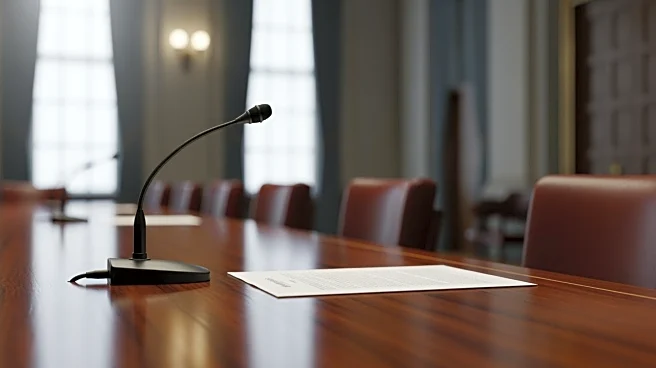Rapid Read • 8 min read
Bravo Brio Restaurants LLC, the parent company of Bravo! Italian Kitchen and Brio Italian Grille, has filed for Chapter 11 bankruptcy for the second time in just over five years. The filing was made in the U.S. Bankruptcy Court for the Middle District of Florida. The company, which operates 25 Brio Italian Grille and 23 Bravo Italian Kitchen locations, cited significant financial distress within the restaurant industry as a primary reason for the filing. This distress has also affected other chains like Red Lobster and TGI Fridays. Bravo Brio's assets are valued between $50 million and $100 million, with liabilities exceeding $50 million, including $900,000 in wages owed to employees and $1.9 million to food provider Sysco. Despite the bankruptcy, the company plans to keep its current restaurants operational while seeking a new investor to improve its financial standing.
AD
The bankruptcy filing of Bravo Brio Restaurants highlights the ongoing financial challenges faced by the restaurant industry, exacerbated by high lease costs and underperforming locations. This development is significant as it reflects broader economic pressures on mid-sized restaurant chains, which may lead to further consolidations or closures in the sector. Employees and suppliers are directly impacted, with wages and payments at risk. The company's strategy to reorganize and attract new investment could serve as a model for other struggling businesses in the industry. However, the success of such a strategy remains uncertain, and the outcome could influence future business practices and financial planning within the restaurant sector.
Bravo Brio Restaurants plans to use the Chapter 11 process to reorganize its business, which includes closing underperforming locations, restructuring debt, and reducing operational expenses. The company aims to attract a new investor to secure a sustainable future. Stakeholders, including employees, creditors, and potential investors, will be closely monitoring the proceedings. The outcome of this bankruptcy could set a precedent for how similar companies navigate financial distress in the current economic climate. Additionally, the company's ability to maintain operations during the bankruptcy process will be crucial in retaining customer loyalty and market presence.
AD
More Stories You Might Enjoy












